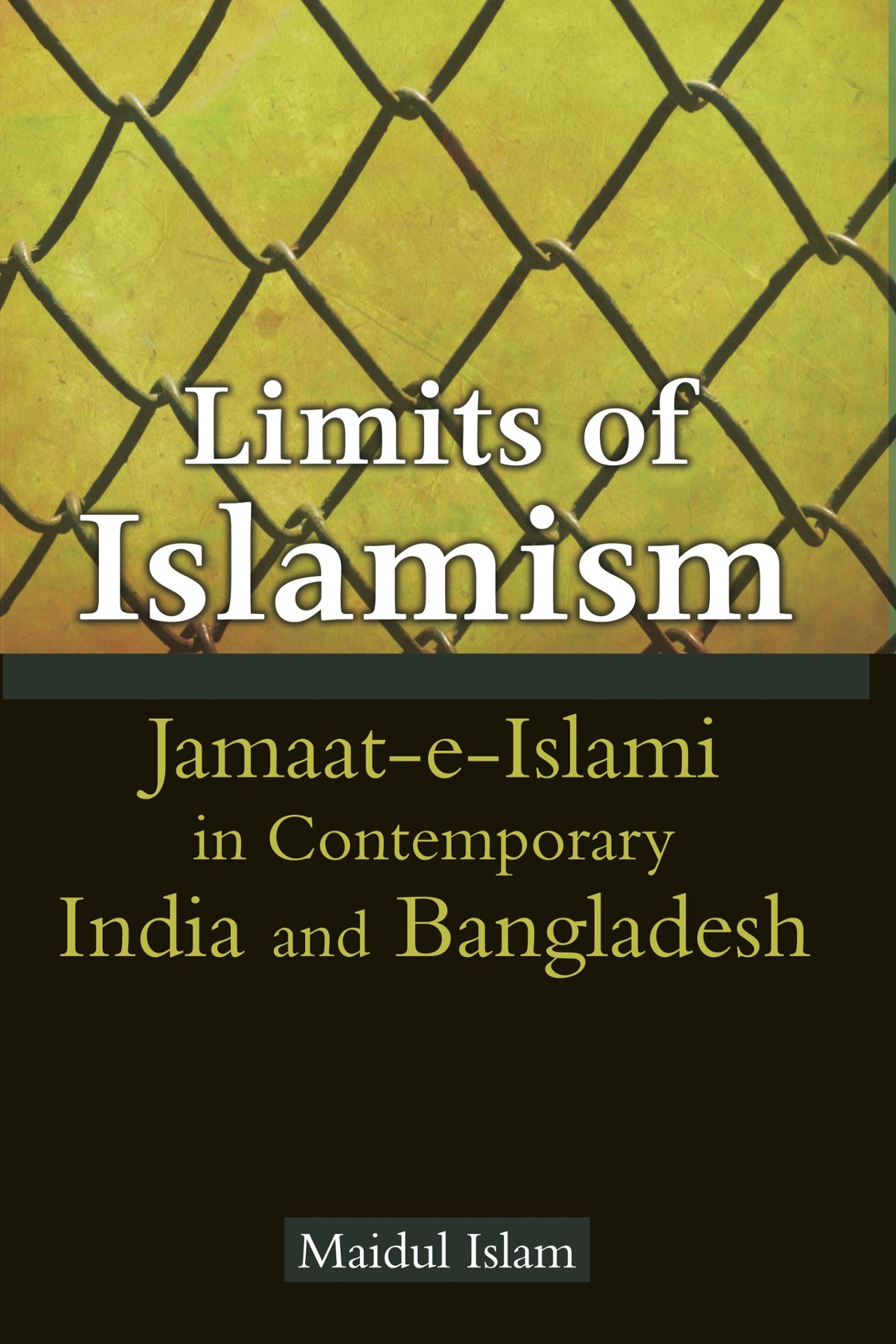
Contemporary Muslim World
Limits of Islamism
Jamaat-e-Islami in Contemporary India and Bangladesh
Author(s): Maidul Islam
Reviewed by: Abdul Rashid Moten, International Islamic University, Malaysia
Review
The book under review is an addition to the burgeoning literature studying Islamic movements. It is an analysis of the operation of an Islamic movement, Jama[at-e Islami, and its success or failure in mobilising people in a Muslimminority country like India and a Muslim-majority country like Bangladesh. Maidul Islam, who teaches in the department of political science, Presidency University, Kolkata, India, eschews the use of terms like Islamic movement, fundamentalism or political Islam. His preferred terminology is Islamism which is defined as ‘a form of totalistic ideology that wishes to organise society, polity and economy around the centrality of Islamic religion’ (p. 5). Islamism assigns political overtone to Islam, a religion regarded by some as a political ideology containing a set of political concepts and goals such as the establishment of an Islamic state. The concept, as defined, is applicable to many organisations such as al-Qaeda, Boko-Haram, and ISIS. These organisations are not identical and are certainly not equivalent to the Jama[at-e-Islami with which this thesis is concerned. Hence, there is ample room to argue against the applicability of the concept “Islamism” to the Jama[at-e Islami. Furthermore, Islam is a religion which is a complete and comprehensive civilisation and hence it cannot be reduced to an ideology.